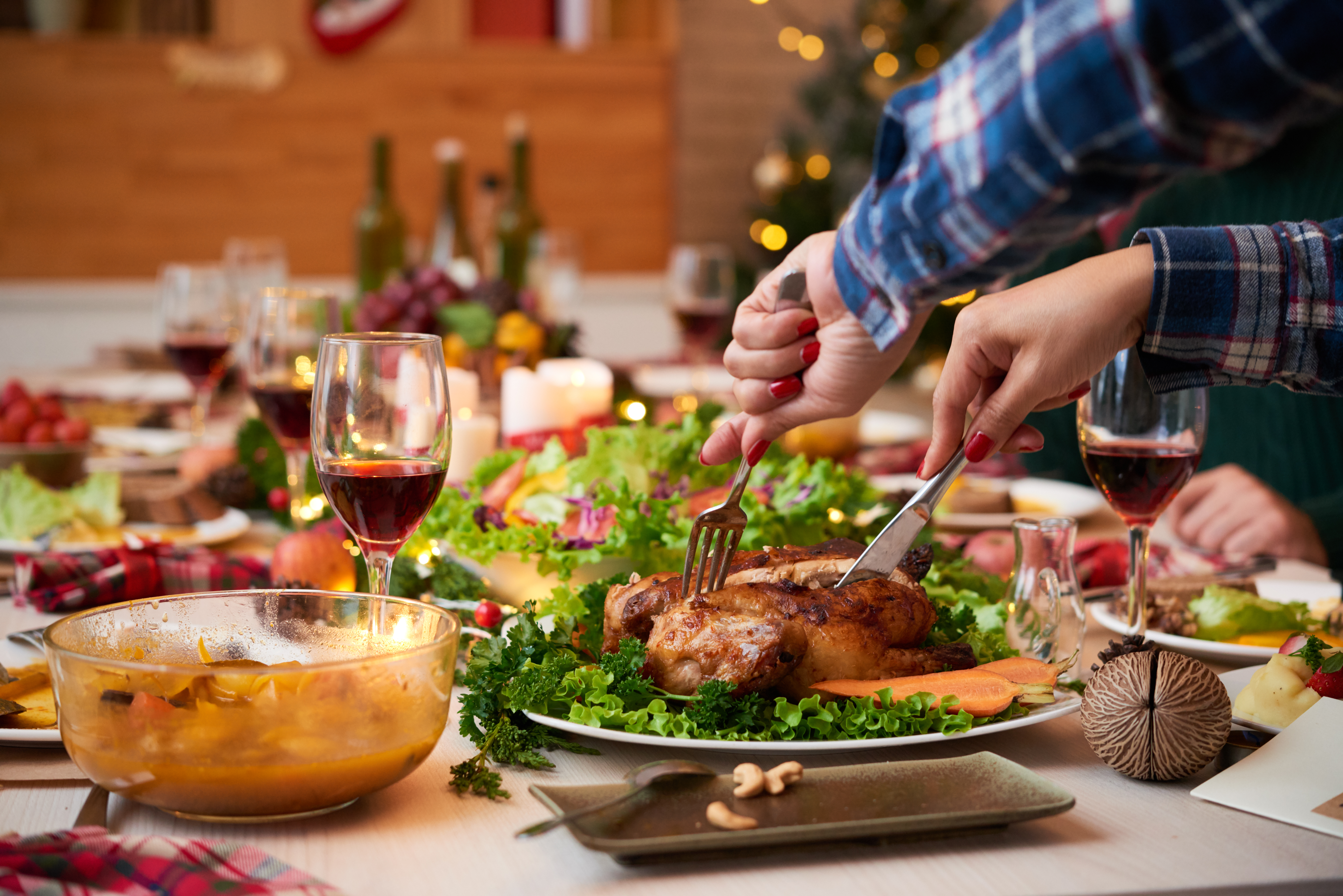100 years ago: Would Christmas 2017 be recognisable to people from 1917?
What has changed and what has stayed the same?

By Christmas 1917, Britain had been at war for well over two years.
Those on the front line would have had a few small treats to mark the day and those at home would have endeavoured to make the day special – despite difficulties around obtaining luxury items from meats and nuts to Christmas cards.

Dr Martin Johnes, from Swansea University, believes many aspects of Christmas in 2017 would be recognisable to those from 1917 – including a harking back to a lost yesteryear of better Christmases and even complaining.
“Every age looks back to a Christmas before it,” he told the Press Association.
“The Victorians themselves were trying to recapture something they felt had been lost in a world of industrialisation and modernity.”
It was the Victorians who really embraced the festival as they endeavoured to make it fashionable again, fearing something had been lost as the world industrialised.
For traditions around trees, cards, crackers and decorations and even Santa Claus – we owe much to the Victorians, even though many of the things attributed to them have deeper roots.

“By 1917 the war is three years old, the end isn’t really in sight but the nature of the British economy has changed with the course of the war.”
For instance, manufacturing of items like cards had stopped and stock from pre-war years – available in 1914 – had dwindled. Many toys were previously imported from Germany and that “ground to a halt”.
For that reason, 1917 was the “bleakest Christmas”, Johnes reasoned.
“The shortages war created undoubtedly affected it but it was a moment to forget themselves. It was still seen as important in Britain and Germany,” he said.
But would Christmas nowadays be recognisable to a hypothetical time-traveller?

“The scale of it would shock them. How much of a build-up, how much we eat, how much we spend.
“Complaining about Christmas is a Christmas tradition but what we’re really complaining about is getting old.
“When we’re a child, Christmas is brilliant – a small present, the decorations, a feast, Santa Claus coming. All of the things were and are exciting.
“As you get older you have to organise it and pay for it. I suspect children today see it as they did then.
“Christmas obviously has changed. Even though we have a grumble and have a moan, the majority of people have a good time.
“The tragedy of Christmas is those who are marginalised – the very poor and the homeless. Their exclusion is possibly felt even more. If Christmas makes us think about that then that’s a positive.
“In the First World War, and beyond, Christmas made people think about injustices of the world and ‘peace on earth and goodwill to all men’ – that’s what they were fighting over. At the time people felt they were fighting for a better world.”





